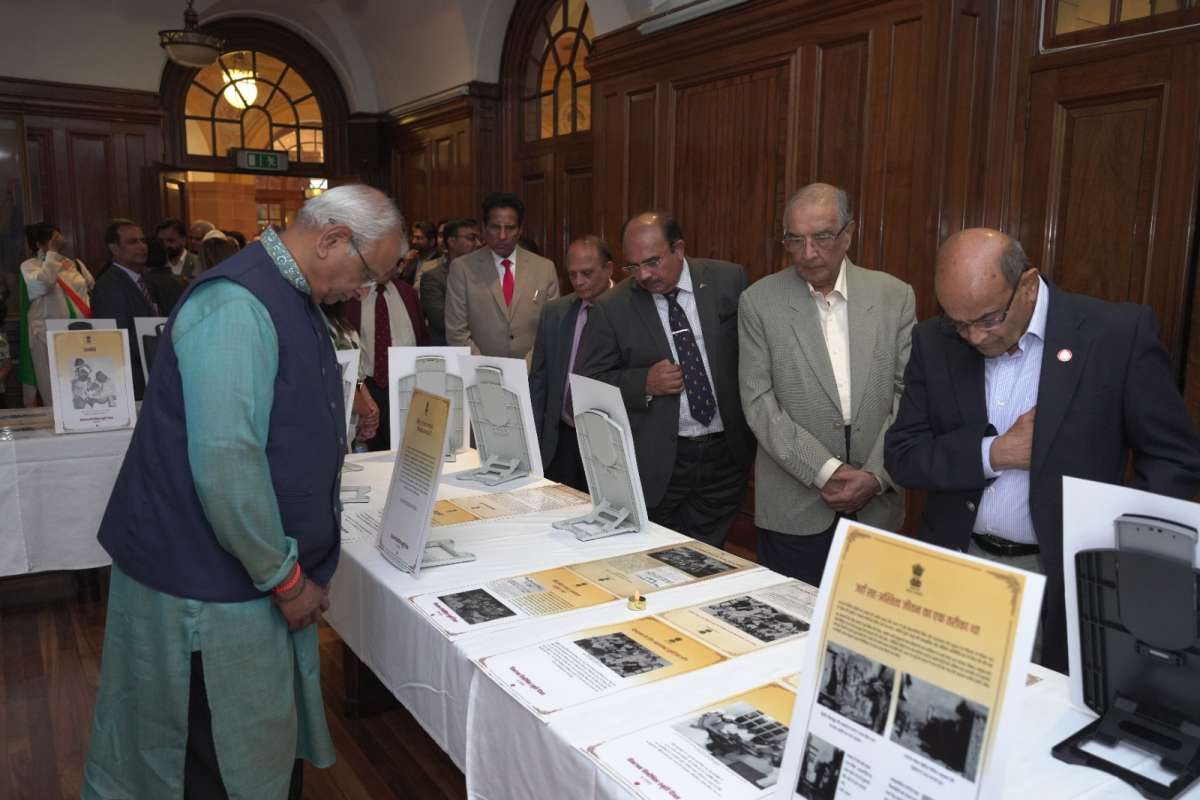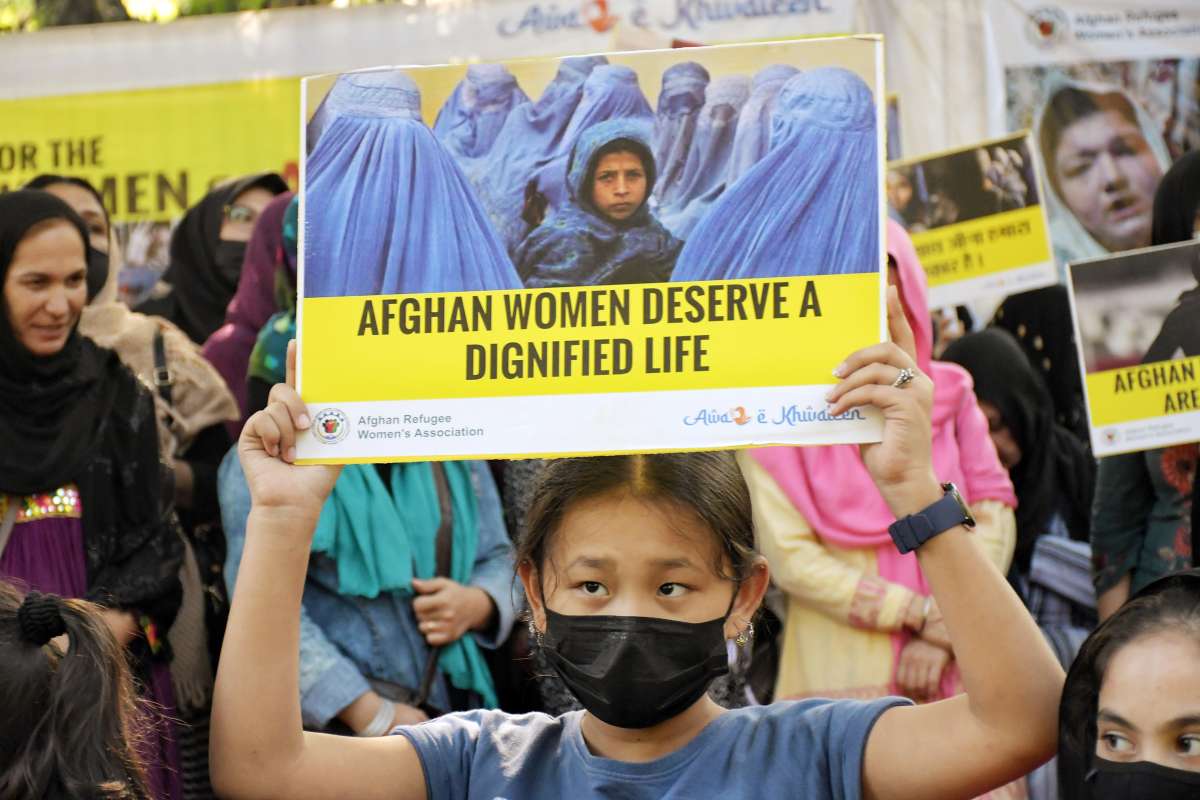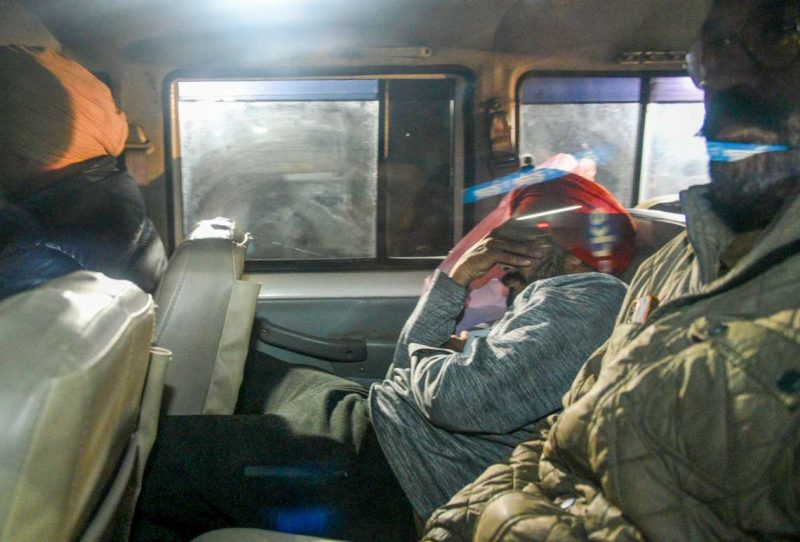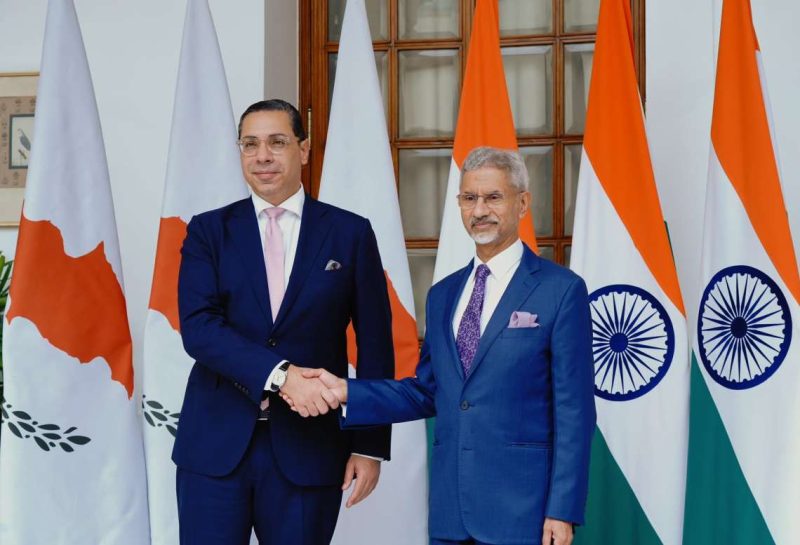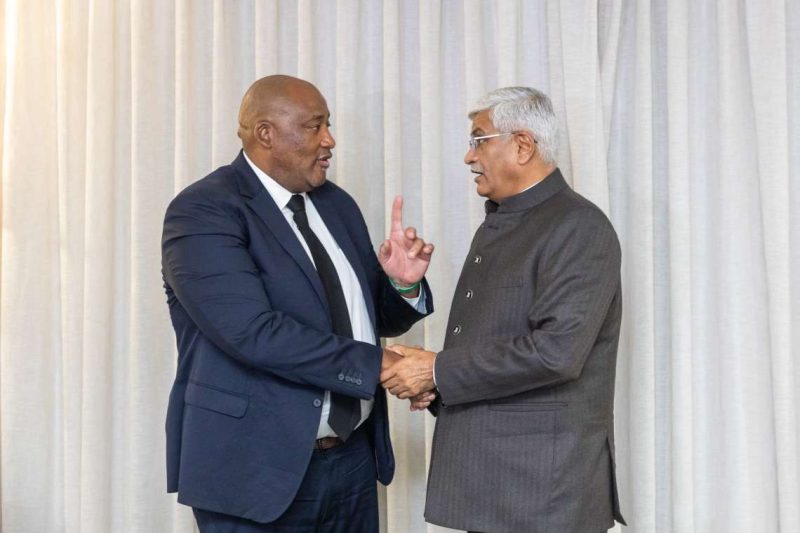The hub provides resources and advice on cost-effective climate initiatives, credible carbon credits, business grants, green loans, sustainability training, reducing waste and sourcing green suppliers…reports Asian Lite News
The Government has launched a new sustainability hub to support Britain’s small and medium-sized businesses (SMEs) to save on their energy bills and decarbonise.
The UK Business Climate Hub, developed by the Department for Energy Security and Net Zero (DESNZ) and organisations like the Federation of Small Businesses (FSB), the National Grid and NatWest, aims to provide support for the estimated 5.5 million SMEs in the UK.
The hub provides resources and advice on cost-effective climate initiatives, credible carbon credits, business grants, green loans, sustainability training, reducing waste and sourcing green suppliers.
It also has a suite of tools like a free carbon calculator to help businesses measure, track and report on their emissions.
It comes as SMEs face significant challenges to decarbonise in line with net zero targets due to fewer resources and less capital to invest compared to large corporates.
According to the FSB, SMEs account for 99.2% of the UK’s total business, three-fifths of the employment and around half of turnover in the UK private sector, which means they are critical to the economy’s progress towards net zero.
Meanwhile, research from the Sage and International Chamber of Commerce found that 90% of SMEs are keen to tackle climate change but find it difficult to know how or where to start to find the right solutions to reduce their carbon footprint.
Business leaders and ministers on the new Net Zero Council are calling on smaller businesses across the country to develop net zero sector roadmaps.
More and more businesses are recognising the business benefits of reaching Net Zero and we’re determined to empower them to do so
The UK Business Climate Hub encourages them to join the SME Climate Commitment – a pledge to halve greenhouse gas emissions before 2030, achieve net zero emissions before 2050 and disclose progress on a yearly basis.
The hub includes advice on green initiatives to help businesses on this pathway, including paying less for electric vehicles, generating green energy and selling it back to the grid, getting low-carbon heat pumps and installing solar panels.
The Government says such measures can also help businesses save on company overheads amid the cost-of-living crisis.
Energy minister Graham Stuart said: “More and more businesses are recognising the business benefits of reaching Net Zero and we’re determined to empower them to do so. The new UK Business Climate Hub is a one-stop-shop for businesses to find practical advice to reduce their carbon footprint and save on their energy bills. Whether it’s fitting a low-carbon heat pump, generating energy with solar panels, or reducing the emissions from shipping goods, the new support will ensure businesses can drive towards Net Zero.”
Martin McTague, national chair of the FSB, said: “We are pleased to have contributed to the new UK Business Climate Hub that will provide businesses with trusted tools and information to help them navigate the net zero transition. SMEs recognise their role in net zero but many still find it challenging to access the relevant support and resources to play their part. This new official platform for advice and support will really help. In addition to helping small firms become more energy and resource efficient, the hub also has the opportunity to empower small firms to take ambitious steps towards net zero, ultimately ensuring that they also benefit from the economic opportunities created in a net zero economy.”
It comes as the Net Zero council, comprising CEOs from leading companies including Co-op, HSBC, Siemens and Cemex, also published a new business roadmap framework on Monday to help businesses to work with others in their sector to create tailored action plans for their own industry to decarbonise.
Shirine Khoury-Haq, co-chair of the council, and chief executive of the Co-op Group, said: “None of us will get to net zero without all of us getting to net zero, so ensuring that every business and every sector has a clear plan for delivering this non-negotiable target is key.
ALSO READ-‘PM taking steps to make India a medical devices hub’






